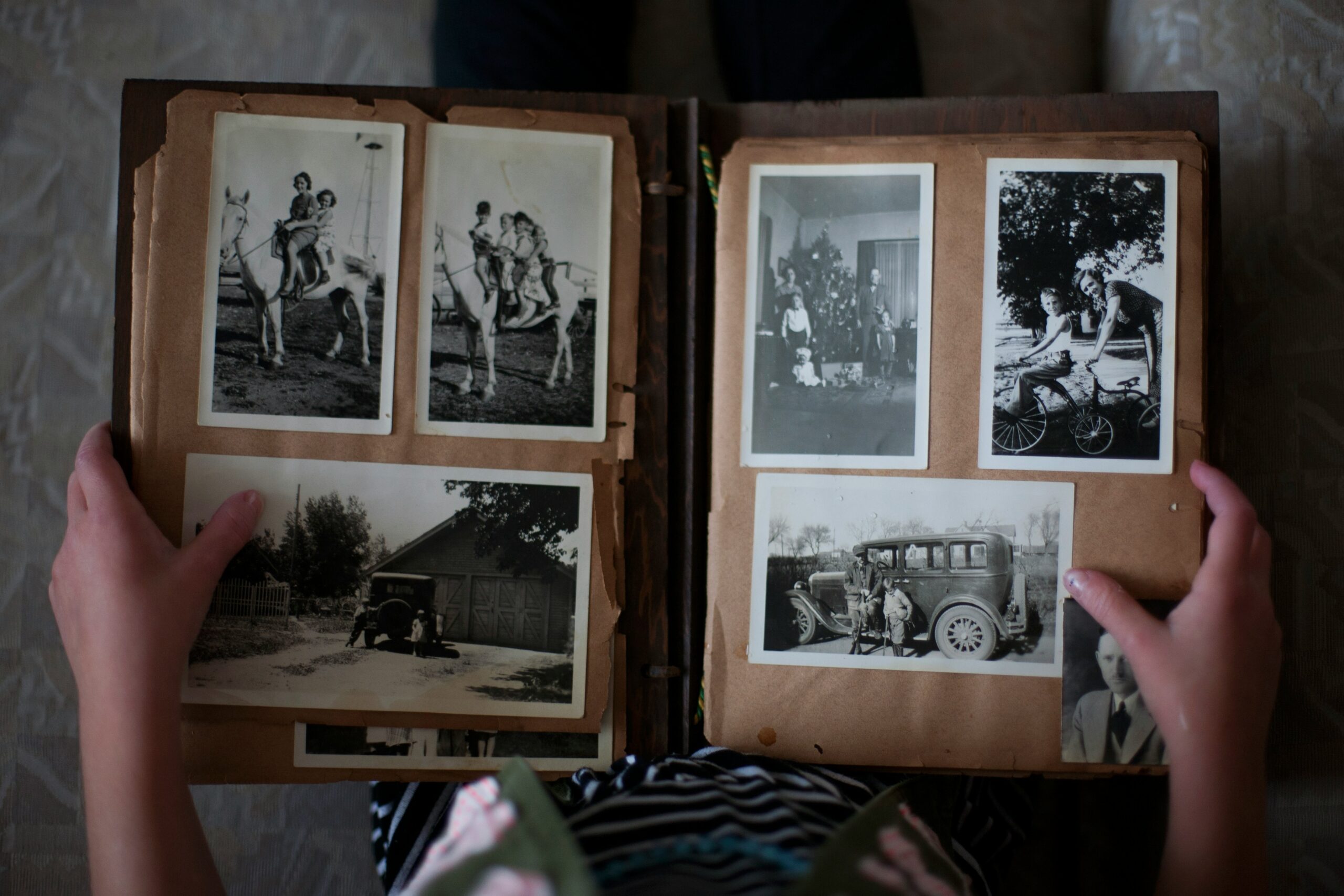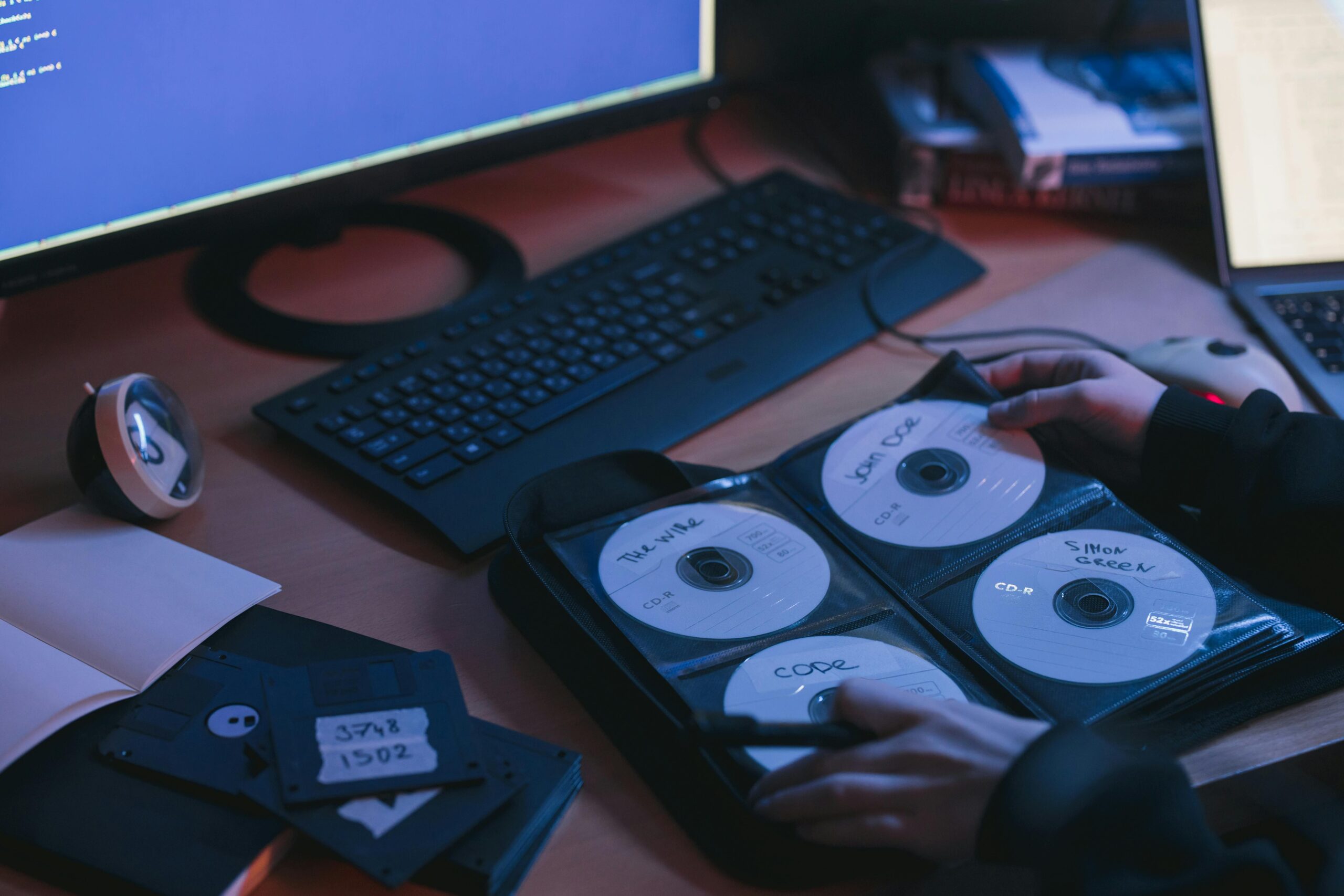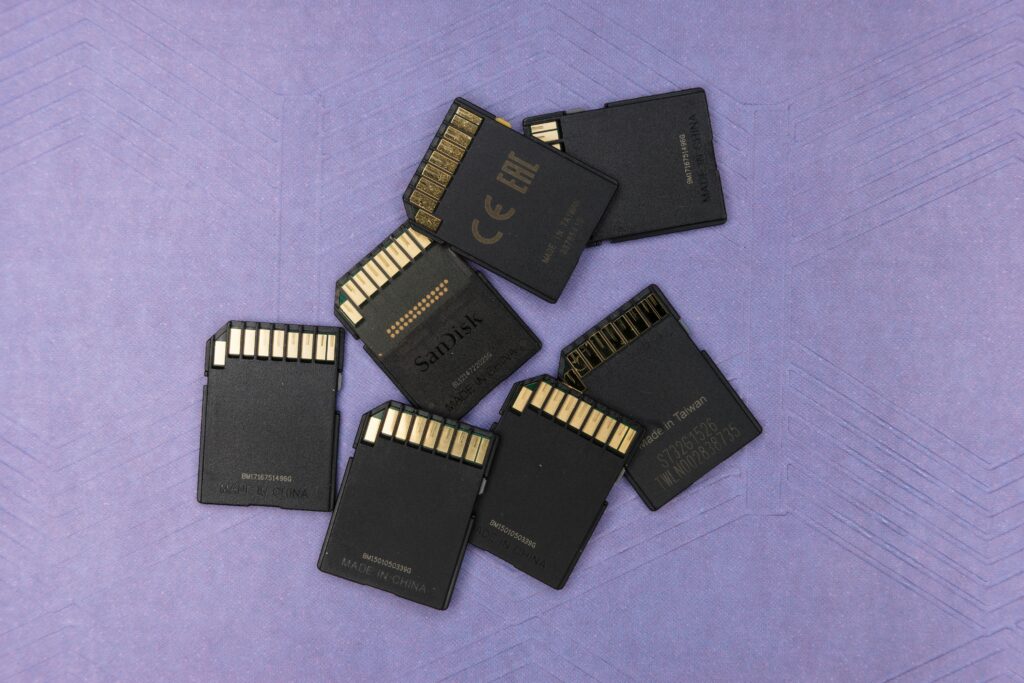One minute, you’re scrolling through years of birthday parties, dance recitals, messy cake faces, and bedtime stories recorded just for fun. The next? Your phone crashes. Your laptop won’t turn on. And suddenly, your memories—your actual life in pixels and sound—feel like they’re slipping through your fingers. We used to keep this stuff in scrapbooks and shoeboxes. Tangible. Flip-through-able. Now, everything lives in digital spaces, spread across phones, hard drives, cloud accounts… and sometimes nowhere secure at all. That’s the scary part. Because for most families, there’s no real plan. Just a silent hope that nothing goes wrong. But hope’s not a strategy. Especially not when it comes to the most precious of moments. So, let’s talk about why every family, yours included, needs a digital memory backup plan before the ‘what ifs’ become ‘wish I hads.’
What is a digital memory backup plan?
Think of it like this: if your family’s memories were a photo album, a digital memory backup plan would be a fireproof safe.
A solid plan usually includes:
- One place to gather and organize everything
- At least two places to store them.
- A simple way to keep that system up-to-date over time.
Why do families need a digital memory backup plan?
Because memories don’t have a ‘restore’ button.
Seriously, though. Most of us are walking around with years of irreplaceable moments stored on fragile devices, hoping they’ll just… keep working. And maybe they will. But what if they don’t? That’s a gamble.
A recent TechRadar survey found that only roughly a third of Americans actually back up their photos to the cloud, while over half (54%) believe their digital images will still be accessible in 50 years. In reality, that kind of confidence often leads families to delay, falsely assuming ‘it’ll be okay.’
And that’s exactly why a memory backup plan matters. Because without it, you’re relying on luck to protect what should be priceless.
But when you zoom out and look at what’s really at stake, the reasons to take action practically write themselves. Let’s walk through a few of them. They’re simple, a little sobering, and honestly? Long overdue.
Reason #1: Devices fail, but memories are irreplaceable
Technology isn’t as loyal as we’d like to think. Hard drives crash. Phones get dropped, lost, or stolen. Laptops overheat and give up on life mid-upload. And no matter how fancy the gadget is, none of them are built to last forever.
Now, losing a device? Annoying. But losing the years of precious memories? That’s the kind of heartbreak you can’t fix with a Genius Bar appointment.
It’s not just a user error, either. Sometimes it’s software updates gone wrong. Sometimes it’s file corruption. Or it’s just… bad luck.
That’s the thing about digital memories: they feel permanent, but they’re not. Not unless you make them that way. And a digital memory preservation plan is the only way to do that without holding your breath every time your screen goes black.
Reason #2: Family history deserves to be passed down
Have you ever found an old photo tucked into a book? Or a dusty VHS labelled ‘Family travel adventure‘ you absolutely forgot about? There’s something about those moments—imperfect, maybe even a little grainy—that hits harder than any perfectly edited Instagram reel.
The problem? Most of those memories are sitting in closets, garages, or random drawers. And they won’t last forever. Tapes degrade. Film fades. Even DVDs get scratched and tossed aside once the player breaks (assuming anyone still owns one).
Get it digitalized
That’s why part of your digital memory backup plan might mean getting those older formats digitized. If you’ve got boxes of tapes or photos too precious to ignore, Capture, a digitization service provider, makes it easy to bring them back to life. The way it works is, you send them the originals (e.g., VHS tapes, cassettes, photo prints, film reels, etc.) – and that’s it! They’ll digitize everything and send it back as clean, high-quality files you can store, share, or back up wherever you like.

Reason #3: Social media doesn’t preserve your legacy
Sure, Instagram looks like a photo album. Facebook reminds you of memories every morning like a digital scrapbook. And TikTok? Well, it’s a wild time capsule of chaotic joy.
But honestly, social media isn’t built for preservation. Your photos get compressed. Your videos lose quality. The context fades. And platforms? They change. Algorithms shift. Accounts get hacked or locked. And one day—maybe not soon, but eventually—they disappear.
Plus, let’s be real: not every memory gets posted. Some moments are too personal, too raw, or just too quiet to be broadcast. And those are often the ones that matter most.
With a memory backup plan in place, though, you don’t need to worry about your favorite platform disappearing or your login information getting lost in the shuffle. Your memories remain tucked away safely for whenever you feel a wave of nostalgia.
Reason #4: Peace of mind for life’s unexpected moments
Here’s the part no one likes to think about—until they have to. Fires. Floods. Theft. A spilled cup of coffee in the wrong place at the wrong time. Life throws curveballs, and sometimes they land right on your laptop.
But with a digital memory backup strategy, you don’t have to panic. You don’t have to flip couch cushions looking for that SD card or wonder if your hard drive survived the movers. Because you’ve already thought ahead. You’ve built a little safety net around the things you can’t recreate.
Why people delay creating a plan for digital memory preservation and why that’s risky
Most families don’t decide not to protect their memories. They just… don’t get around to it. You tell yourself you’ll deal with it later. Then later turns into years, and before you know it, the baby who used to babble into your phone is asking to borrow it for driver’s ed.
There’s also this false sense of security. Like, ‘It’s all on my phone’ or ‘I have everything in Google Photos.’ And yes, some of it might be there. But do you know for sure? Is it organized? Backed up twice? Easy to find? Could someone else access it if they needed to?
Delaying feels harmless—until it isn’t. Until your phone is gone. Or your cloud login doesn’t work. Or you realize no one else in the family knows where anything is.

The truth is, not making a plan is making a choice. It just happens not to be the smartest one.
Don’t wait for loss to realize what matters
Most families don’t need a tech overhaul. They just need a digital memory backup plan. A little time. A couple of tools. Maybe one weekend, when you sit down and finally gather the moments that have been slowly slipping through the cracks. Because once a memory’s gone, it’s gone. And there’s nothing worse than realizing too late that the only copy of something irreplaceable disappeared in a blink. So don’t wait for a scare. Or a crash. Or a regret. Start now—while you still have everything worth saving.
